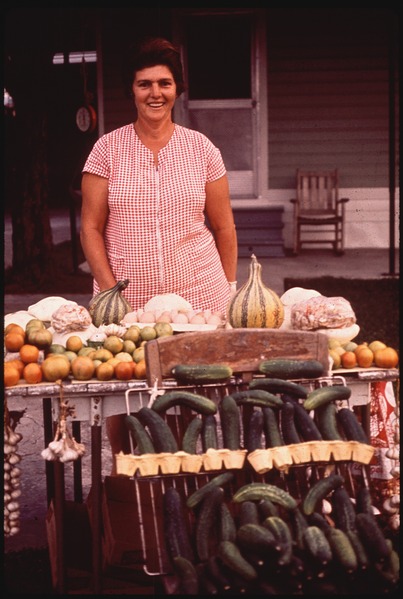Something I’ve mentioned before is that I don’t get the resistance to genetically modified foods since we’re going to need them desperately sooner or later. The climate that allows us to enjoy our current agriculture would eventually change naturally even if we were treating our environment well, which we are not. The Earth has existed for more than 4.5 billion years, and our climate has been in its present form for merely a fraction of that. Things change. Why not experiment with lab-based foods while we still have the time? That doesn’t mean we have to trust food corporations-–they are not trustworthy. They should be watched more closely whether we’re talking about natural, processed or GM foods. But we shouldn’t take any options off the table. From “Frankenfoods Reduce Global Warming” in the Economist:
“Each year the International Service for the Acquisition of Agri-Biotech Applications (ISAAA), a not-for-profit body, publishes estimates for the number of hectares under GM crops (available for order here). Its most recent report shows that, for the first time, developing countries are growing more hectares of GM crops than rich countries are—a remarkable uptake given that the technology was introduced only two decades ago, and is often seen as suitable mainly for rich farmers.
According to ISAAA, 170m hectares of land are planted to GM crops round the world and 52% of them are in emerging markets. Almost half of that share are in five countries, China, India, South Africa, Brazil and Argentina. Brazil is the most important of these: its GM land area rose by more than a fifth in 2012 to 37m hectares, making it the fastest growing GM market in the world and second in size behind America.
Rich countries are using more GM crops, too, but only slightly: they planted 1.6m hectares more than in 2011, up 3%. Developing countries planted 11% more (9m hectares). Of the 17m farmers who use such crops round the world, 15m are in emerging markets.
The report also logs the spread of so-called ‘stacked traits,’ crops with two or more bio-engineered traits. These are planted on 44m hectares, more than a quarter of the total.
Many greens continue to be implacably opposed to GM crops, which they regard as environmentally harmful.“

